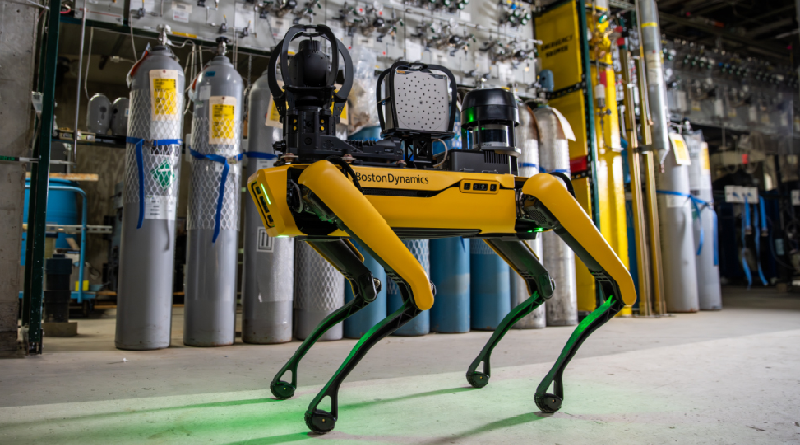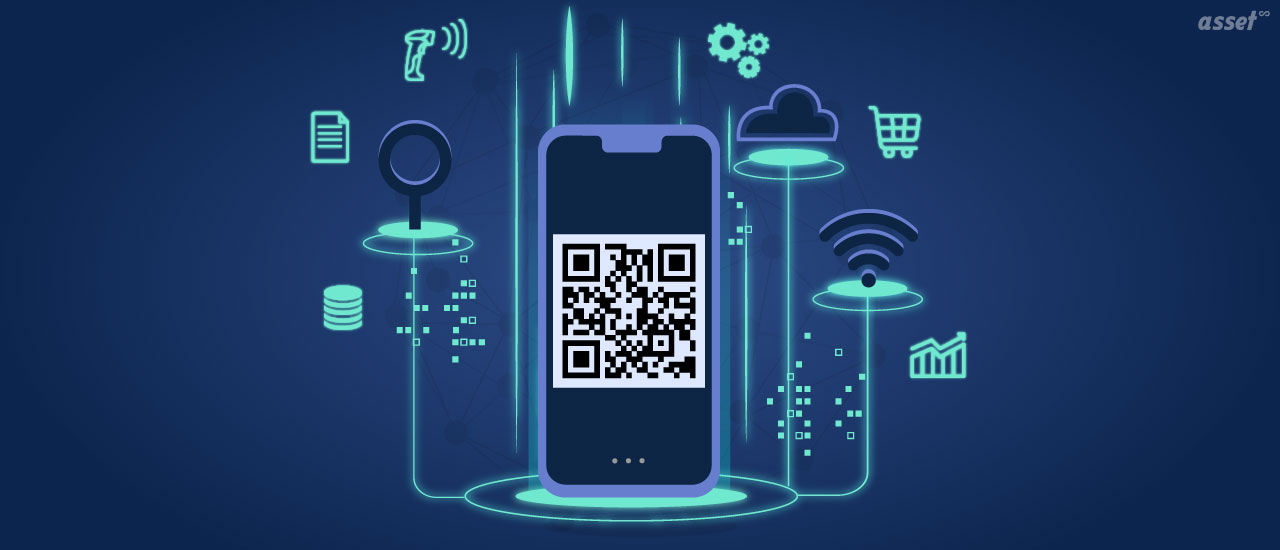With trade barriers falling and businesses expanding globally, industry standards have become key for business success. This highlights the changing role and era of inspection companies. As global industry standards take the lead, inspection industries need to keep up and evolve, to stay relevant and cater to global markets. This article examines the inspection industry’s future in the context of global industry standards.
Unraveling the Purpose of Global Industry Standards
Examine global industry standards and you’ll see they’re basically universally agreed rules. They regulate production, design, and delivery of products and services. They originate from the united skills of industry professionals. Their goal? To set a universal high bar for quality, safety, and efficiency, regardless of region or sector. Their part in growing international trade is crucial. They reassure buyers that a product meets certain quality and safety standards.
Creating these standards isn’t simple. They need to encourage innovation and economic growth, but also protect consumers, society, and the environment. So, global standards walk a tightrope, maintaining a fine balance between the demands of innovation and the needs of safety and sustainability.
Global standards aren’t fixed; they adapt to industry growth and societal needs. These shifting standards mean inspection firms have to keep up, making sure their inspection methods match the latest global rules. So, the interaction between global industry standards and inspection practices is a complicated dance, timed to worldwide trade and innovation. It’s key for inspection firms to understand this dance in the complex world of global industry standards.
How Inspection Companies Are Changing?
Changes in inspection companies during this globalization period paint a fascinating image. They are no longer just quality gate keepers meeting local or national standards, they have a broader role now. As we move into a world governed by global industry standards, inspection companies have gone beyond their traditional boundaries.
They’ve turned from gate keepers to vital guides, lighting the way for businesses to successfully navigate through global standards. This change requires not just understanding these rules but a strong commitment to keeping updated with their constant changes and updates.
This change is more like a transformation – a change in role and form. Inspection companies are no longer just running tests and certifications, they are taking an active part in the knowledge economy. They play a vital role in bridging the divide between industry and standards, turning the complex language of global regulations into practical business strategies. Their ability to interpret and simplify complex rules, and provide advice, raises their role from technical auditors to strategic partners.
Inspection companies are perpetually adapting as world standards change. It’s not a one-time goal, but a constant journey. Always staying up-to-date with advancements, they must be proactive, flexible, and visionary in their solutions.
Innovative Technology Fueling Industry Change
The landscape of the inspection industry is shifting thanks to new technologies. They’re decorating the industry with the colors of innovation, serving up a dramatic transformation. Imagine this: artificial intelligence (AI) that’s as detailed as a circuit, alongside the broad systems of the Internet of Things (IoT). These provide inspection companies with gifted tools.
Let’s think about AI. It lets professionals duplicate human intelligence. This gives them the capacity to automate monotonous tasks and make rational judgments based on data. In sync with AI, the IoT syncs up devices worldwide for real-time, distance inspections.
Inspection workers can now use drone technology to explore risky places, or those hard to access. This decreases human danger and heightens efficiency. Plus, the arrival of blockchain technology gives a secure method of holding inspection data. Keeping records safe from tampering, it confirms the reliability of the inspection process.
Machine learning adds another layer to technology’s growth. By analyzing complex information and predicting possible equipment issues, it provides inspection firms with ways to prevent failure before it happens.
These breakthroughs are revolutionizing the way inspection jobs are done, boosting their effectiveness, precision, and speed. But, it’s not enough for inspecting businesses to merely possess these technologies. Utilizing them competently to maximize their capabilities is required to stay ahead in this quick-paced sector.
Adapting to World-wide Standards: Obstacles and Answers
Dipping toes into the pool of worldwide standards brings unique hurdles for inspection firms. The paramount one being, the myriad languages, traditions, and legal systems worldwide, sometimes disrupts smooth infrastructural integration. Technological growth’s rapid stride is another, often outpacing regulation and causing a gap between set standards and emerging industry methods.
Yet, obstacles often give birth to inventive answers. To conquer these barriers effectively, inspection firms need to view this as a learning journey involving the whole organization. A pledge to never-ending learning and skill improvement is crucial. Making use of programs like in-house training, webinars, and collective learning platforms will aid in absorbing the constantly transforming global rules.
Inspection firms must form strong ties with global standard groups. Such active involvement encourages the sharing of knowledge. Inspection firms stay informed on standard updates while sharing their wisdom, affecting the creation of these standards.
A planned response is needed for fast technology growth. Firms must keep an eye on technology trends and their industry impact. This allows them to link current rules with future technology, navigating both the hurdles and gains. Their path to success in the international scene depends on adapting to global standards.
The Way Ahead: Crafting the Inspection Industry’s Future
As global standards evolve, inspection firms must stay agile. Frequent revisions of methods, adopting new technology, and quick market response is the new rule. Firms are no longer just enforcing compliance, they’re shaping standards.
As the guardians of industry standards, firms have a unique role in shaping their evolution. Their wealth of knowledge from regular industry dealings provides valuable insight. This insight helps to form effective and fitting global standards, balancing the development of industry practices with standards.
To use their potential, inspection businesses need to embrace change and keep learning. They need an innovative spirit. They need to question old ways and be brave enough to move in new directions in this evolving environment. They need to look far ahead and be ready for future trends. These trends should be a part of their planning.
The future needs inspection companies that move from being bystanders to being part of the global journey towards standardization. Their role isn’t just to mirror changes. They need to help shape these changes. The inspection industry’s future isn’t just about adapting. It’s about taking part in creating and changing global standards.
Conclusion
The relationship between international industry standards and the inspection industry is changing. It’s a new situation, and inspection companies can change too. They can help steer the way, guiding businesses through different global standards. To do this well, Pre-shipment inspection companies need to change. They need to become consultants. They need to learn from changes. They must turn to technology.
They need to become skilled in using AI, IoT, drones, blockchain, and machine learning. If they talk with global standardization groups, they can stay updated. It allows them to help shape standards. The task ahead isn’t just a duty; it’s a chance to make their future and influence other industries. It’s simple – the inspection industry’s future will depend on how well it can change, invent, and lead in terms of global industry standards.


